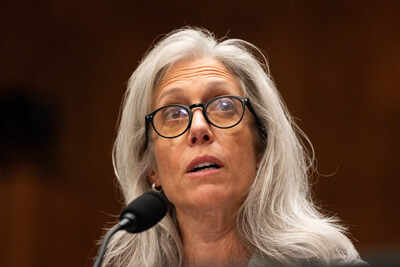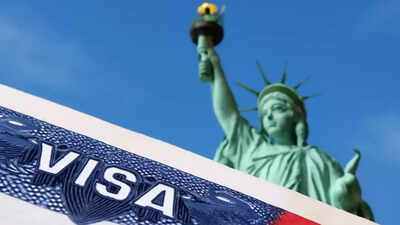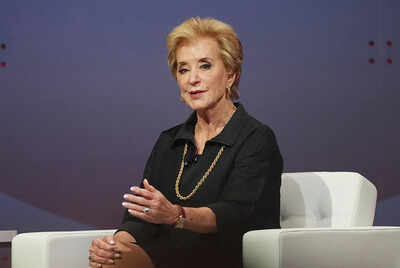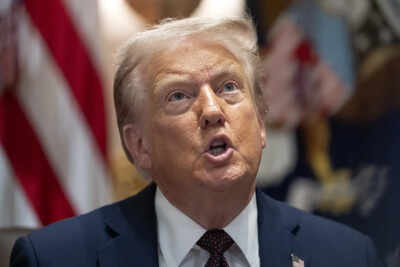Susan Monarez educational qualification: How a Ph.D. in Veterinary Science shaped her path to leading the CDC

The recent standoff at the Centers for Disease Control and Prevention (CDC) has drawn global attention to the agency’s leadership challenges. Susan Monarez, appointed CDC director just a month ago, became the center of controversy after refusing to implement directives she considered “unscientific and reckless,” putting her at odds with Health Secretary Robert F. Kennedy Jr. Despite a White House announcement claiming she had been fired, Monarez remains in her role, highlighting the tension between scientific expertise and political pressures.Beyond the headlines, this episode underscores the educational and career trajectory that equips leaders to navigate such high-stakes environments.
Susan Monarez’s academic foundation in science
Susan Monarez’s path to leading one of the world’s foremost public health institutions was built on rigorous academic preparation. She earned her Ph.D. in veterinary science from the University of Wisconsin–Madison in 2003, focusing on infectious diseases affecting low- and middle-income countries. Her dissertation explored how trypanosome GIP-sVSG regulates macrophages during Trypanosoma brucei rhodesiense infection, demonstrating early on her commitment to understanding complex pathogens and host responses.From 2003 to 2006, Monarez pursued postdoctoral research at Stanford University School of Medicine under John C. Boothroyd, deepening her expertise in infectious disease mechanisms. This academic foundation—grounded in laboratory science, data analysis, and pathogen biology—laid the groundwork for her future policy and leadership roles.
Bridging Science and policy
Monarez’s career exemplifies the increasingly interdisciplinary nature of public health leadership. She has held prominent roles across federal agencies, including:
- Deputy Assistant Secretary for Strategy and Data Analytics at the Department of Homeland Security, overseeing research portfolios and international health collaborations.
- Deputy Director of ARPA-H (Advanced Research Projects Agency for Health), leading initiatives to integrate artificial intelligence and machine learning into healthcare, improving outcomes in mental health, maternal health, and organ transplantation.
- Roles in the National Security Council and Office of Science and Technology Policy, addressing antimicrobial resistance, wearable health technologies, and pandemic preparedness.
These positions reflect the blending of scientific expertise, technological innovation, and policy strategy that defines modern public health leadership.
Lessons for careers in public health
Monarez’s trajectory offers clear guidance for students and professionals aiming for careers in health science and public health administration:
- Interdisciplinary expertise: Mastery in science must be complemented with understanding of policy, data analytics, and leadership.
- Ethical leadership: Navigating political pressures requires integrity and courage, as Monarez’s recent actions demonstrate.
- Adaptability and innovation: Effective public health leaders must integrate emerging technologies, respond to crises, and drive evidence-based initiatives.
Her education and career illustrate that leading institutions like the CDC today require more than traditional medical credentials; they demand a combination of research excellence, strategic insight, and a capacity to navigate complex socio-political landscapes.





